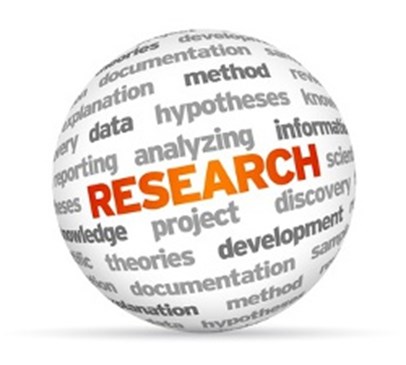A University of Exeter project, in collaboration with Headway, has produced important insights into the factors influencing life satisfaction after brain injury. In a paper published in the forthcoming issue of the journal Psychology and Health, researchers from the University's School of Psychology show that people can develop positive identities after brain injury.
The study is based on the results of a survey conducted by Headway for the 2008 ABI Week campaign. A questionnaire, designed to find out what life is really like for people after brain injury, was placed on Headway's website and distributed to Groups and Branches. Overall, 630 brain injury survivors took part and initial findings showed that prejudice against survivors is rife, both in general society and among healthcare professionals. However, further analysis produced a more positive and life-affirming message.
The surprising aspect of the findings was that greater severity of injury was actually related to greater life satisfaction and stronger personal identity. The main factors influencing this were the personal and social changes brought about by the injury and the support that was provided. Those with more severe injuries tended to receive more support from organisations such as Headway and its Groups and Branches and this provided them with a strong social group with which to identify.
The findings add to the psychological field of Social Identity Theory, which relates to the idea that personal identity is strongly related to group identity and that we become strong individuals by being part of strong groups. The authors suggest that strategies that strengthen personal identity and social relationships may be particularly beneficial for individuals recovering from ABIs and organisations such as Headway play a key role in this.
Professor Huw Williams, a Clinical Neuropsychologist on the research team, said: "These results show the importance of taking into account the social aspects of rehabilitation after brain injury. Headway is vital in enabling people to regain their place in society. It helps people to get support so that they can see themselves as survivors and to be in social roles that are self-sustaining and self-fulfilling."
Reference
Jones, Janelle M., Haslam, S. Alexander., Jetten, Jolanda., Williams, W. Huw. , Morris, Richard and Saroyan, Sonya (2010) 'That which doesn't kill us can make us stronger (and more satisfied with life): The contribution of personal and social changes to well-being after acquired brain injury', Psychology & Health, First published on: 22 April 2010.
Back









